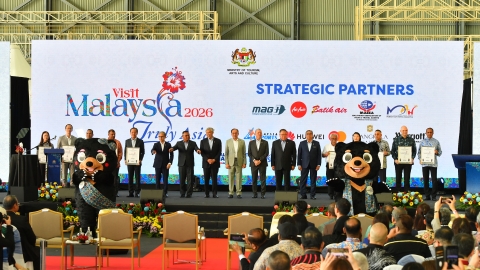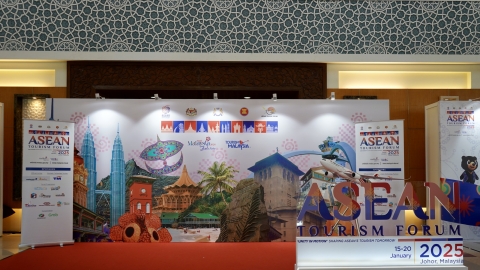In this era of rapidly developing digital technology, cyberspace has become a "fertile ground" for scammers. The tourism sector is no exception, with an increasing number of online scams and fraud cases occurring, significantly impacting the industry's reputation and the rights of citizens and tourists.
In response to this situation, the Vietnam National Tourism Administration promptly issued a document to the Departments of Culture, Sports and Tourism and the Departments of Tourism of provinces and cities regarding the prevention, suppression, and handling of fraudulent activities involving the appropriation of assets in cyberspace within the tourism sector.

With the Vietnamese tourism industry growing rapidly, fraud in this sector is also becoming increasingly complex.
This document serves not only as a warning but also as a "guideline" for localities in implementing measures to prevent, deter, and handle online fraud, aiming to protect the rights of citizens and tourists and build a safe and healthy tourism environment. The document from the Vietnam National Tourism Administration clearly states that in recent times, fraud and property theft in the tourism sector, especially online booking scams, have been increasing. This negatively impacts the image of the tourism industry and causes public outrage.

These fraudulent schemes significantly impact the reputation of the industry and the rights of citizens and tourists.
The document also cites forms of fraud such as creating fake websites and fan pages impersonating reputable tourism service businesses, using deceptive tactics like fake discounts and promotions, and requesting advance deposit payments…
To prevent, deter, and address high-tech online fraud and property theft, the Vietnam National Tourism Administration has proposed several measures to local authorities in the tourism sector.
First, it is necessary to strengthen communication with businesses and the public about new forms of fraud; people should be advised to carefully research information about tourism service providers and payment transactions.

To prevent this situation, every citizen needs to be cautious and knowledgeable to avoid losing money unnecessarily.
The Vietnam National Tourism Administration has requested local tourism management departments to coordinate with relevant agencies to review and prevent fake websites and fanpages, and to strictly handle those engaging in fraudulent activities.
Local tourism service businesses need to raise their awareness of responsibility in protecting customers, promptly detecting fake information platforms and social media pages, and refraining from spreading or exploiting false information about their businesses to attract tourists.

Every citizen needs to be conscious of the importance of building a stronger and more sustainable tourism industry in our country.
In early February, social media was abuzz with news of a customer booking rooms online for two adults and two children at a resort in Ninh Binh. After messaging the resort's fan page, the customer confirmed the rooms and transferred a deposit of 6.5 million VND for two rooms. However, the resort informed the customer that the transfer had been made with the wrong purpose. The customer was asked to copy the code provided by the resort and include it in the transfer details for the accounting department to verify.
After numerous failed transfers, the total amount transferred reached over 1 billion VND. Eventually, the customer was unable to contact the resort and realized they had been scammed. The fraudsters had impersonated the resort's fan page to deceive customers.

 VI
VI EN
EN

































